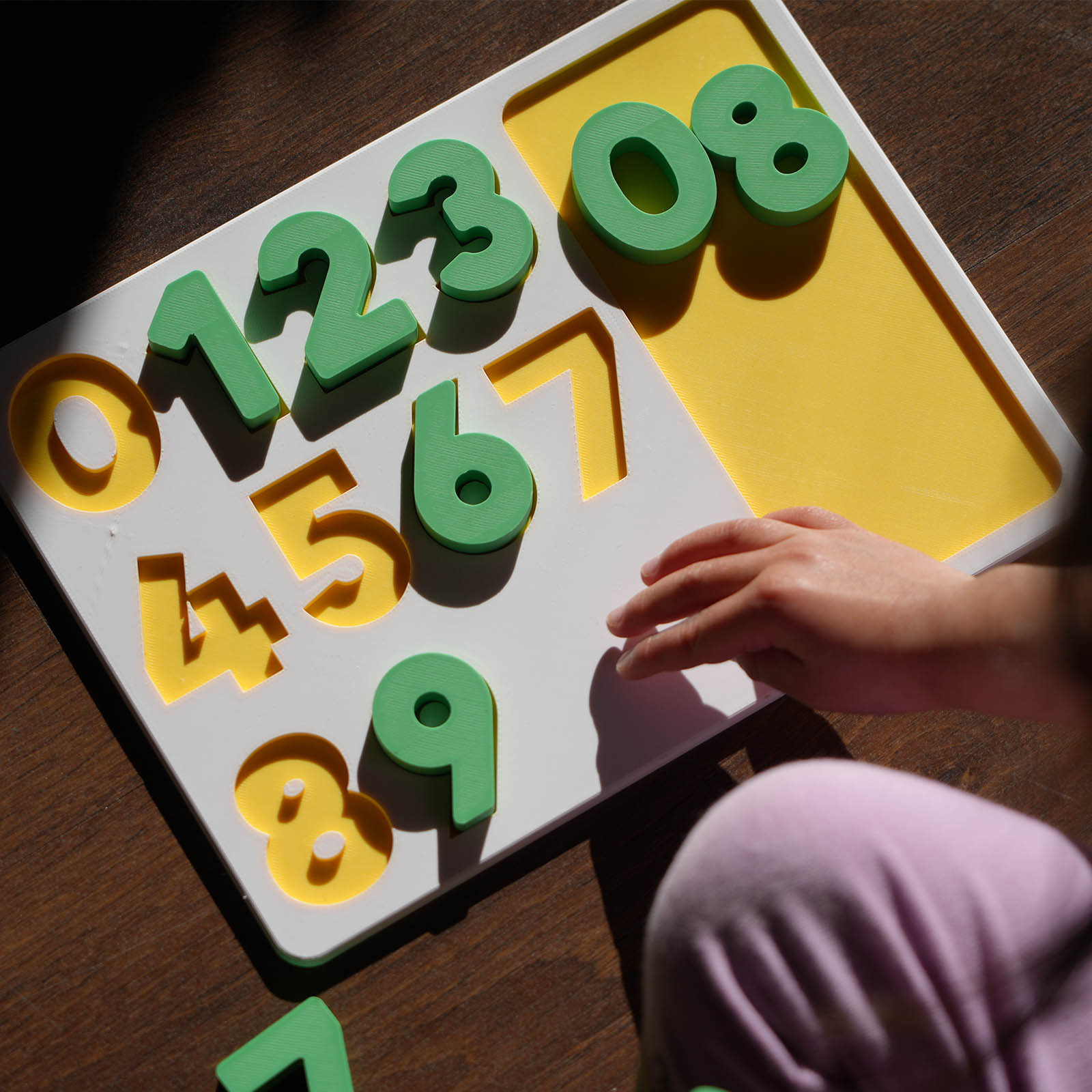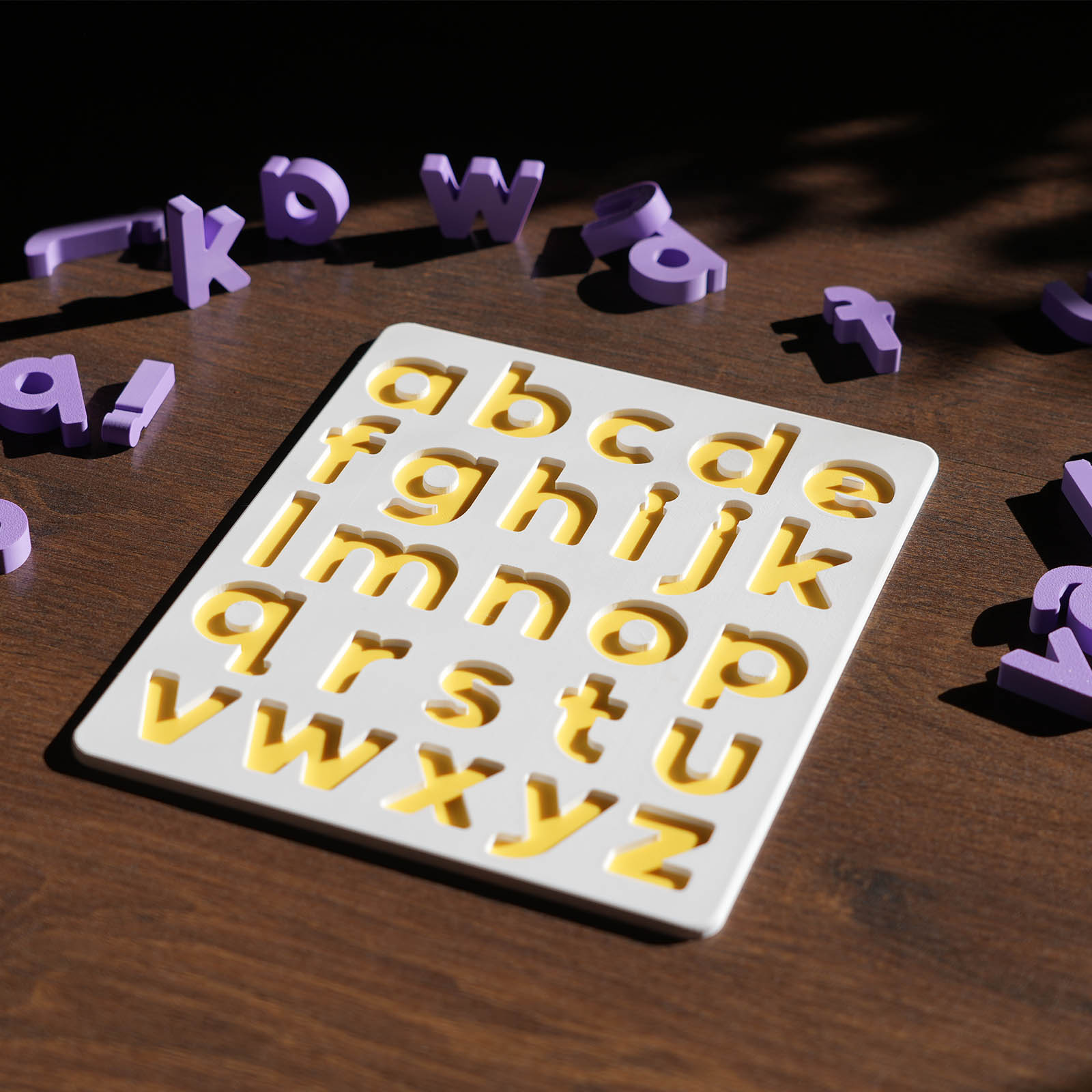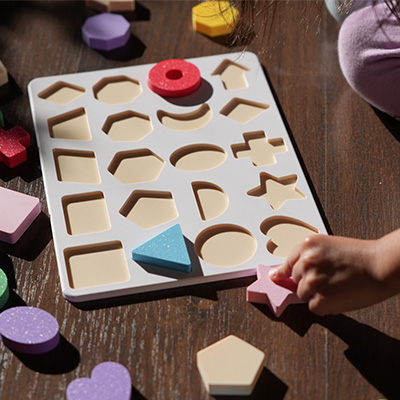🔁 The Power of Doing It Again (and Again)
If you’ve ever watched your toddler fit the same puzzle piece over and over — or request the same book for the fifth time today — you’ve seen repetition in action.
It might seem monotonous to us, but for toddlers, repetition is how the brain builds and strengthens new skills.
In fact, repetition is one of the most important ways young children learn.
🧠 What’s Happening in the Brain?
Every time your child repeats an action — placing a puzzle piece, stacking a block, turning a knob — they’re reinforcing a neural pathway. With each repetition, the connection becomes stronger, smoother, and more automatic.
This builds:
- Memory
- Coordination
- Confidence
- Problem-solving skills
Neuroscience calls it myelination — the process of “insulating” brain pathways so signals travel faster and more efficiently (Fields, 2008).
So when your toddler does something again (and again), they’re literally wiring their brain for success.
🧩 Repetition Through Toys: The Montessori Way
Montessori learning environments are built around repetition. Rather than rushing children to move on, they encourage extended time with familiar materials.
For example:
- Our Alphabet Puzzle encourages repeated letter placement and recognition
- The Shapes Puzzle builds spatial understanding with every retry
- The Australia Puzzle (coming soon!) supports memory and early geography through frequent play
These toys aren’t “used up” — they deepen in value with each repetition.
⏳ Why You Shouldn’t Intervene Too Quickly
It can be tempting to step in with praise or correction — but pausing allows your child to internalise the experience. Repetition works best when driven by curiosity, not instruction.
Try:
- Giving them quiet space to repeat actions
- Observing before offering help
- Not rotating toys too frequently — give them time to truly master it
📈 Repetition Builds Confidence
Each successful repeat gives your child a sense of mastery. They feel capable, smart, and ready to take on bigger challenges.
And because the toys are familiar, there’s no pressure to “get it right” — just the joy of discovery through doing.
💡 Final Thought
Repetition isn’t boring — it’s brain-building. When you see your toddler play with the same toy for the tenth time, take a breath and smile. You’re watching learning in action.
Frankie & Leo puzzles are designed with just the right balance of simplicity and challenge — to support repetition, curiosity, and joyful growth.
👉 Explore Puzzles Built for Repetitive Play
📚 Reference:
Fields, R. D. (2008). White Matter in Learning, Cognition and Psychiatric Disorders. Trends in Neurosciences, 31(7), 361–370.


